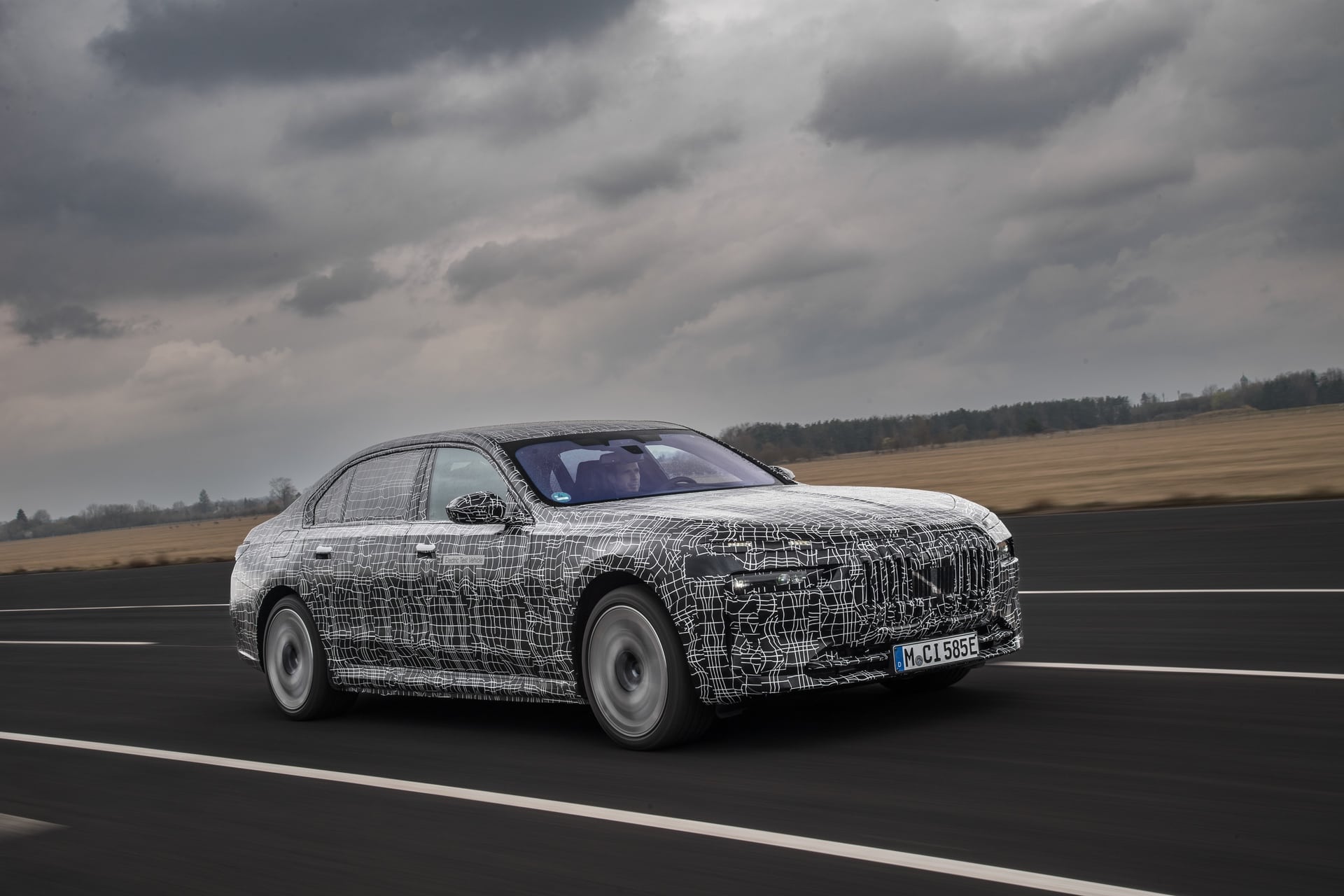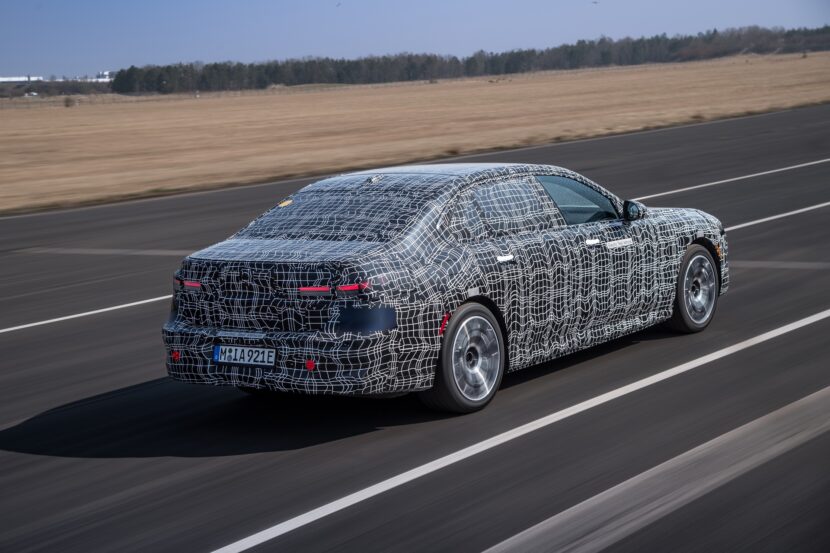With 936,172 cars delivered in 2021 and 310,048 units only in the first quarter of 2022, it’s safe to say Tesla is doing better than ever. However, BMW Group sales chief Pieter Nota believes Elon Musk’s company has lost its USP: “Tesla had a unique selling point for quite some time. That’s over.” That may very well be true, but with the new factories in Berlin and Texas pumping out Model Ys, 2022 is shaping up to be another record-breaking year for Tesla.
How is BMW responding? By launching a flurry of models in the near future. Later this week, the i7 will receive its world premiere as a response to the Mercedes EQS and Model S. The end of 2022 will bring us the iX1 to serve as the EV equivalent of the next X1 compact crossover. Come 2023, the smaller i5 will follow as an electric variant of the next-generation 5 Series Sedan. The greater BMW Group is going to roll out the MINI Countryman EV and Rolls-Royce Spectre next year.
In the meantime, BMW just introduced an i3 Sedan as a Tesla Model 3 competitor, but only in China. Elsewhere, the i4 fulfills that role and is joined by the Model X-rivaling iX. While new EVs are being added to the lineup, the quirky-but-loveable i3 hatchback is being discontinued. For the time being, the i4 and iX are the commercial hits for the Bavarians. We mustn’t omit the iX3, but the company has decided against bringing it to the United States.
BMW Is Accelerating The Switch To EVs And Fight Back At Tesla
Indeed, Nota mentioned dealers have hundreds of orders for the two and the waiting time has increased to six months. CEO Oliver Zipse estimates demand for EVs will continue to grow. For this reason, preparations are being made to make the most of the available production capacity.
BMW Group previously projected EVs will account for 50% of sales by 2030, but Nota is confident it’ll happen sooner. “I think we will be able to hit that point even a little bit earlier. We are working hard together with our production colleagues to drive that ramp up”. The automotive conglomerate will kick its electric efforts into higher gear in 2025 with the launch of Neue Klasse, a dedicated EV platform.
Despite the obvious electric push, BMW isn’t keen on dropping internal combustion engines in the foreseeable future. The luxury brand believes EVs are still not globally feasible, mainly because they’re still more expensive than ICEs and the charging infrastructure isn’t ready yet. Consequently, it has developed new Euro 7-compliant gasoline and diesel engines to last until the complete switch to electric.


















































